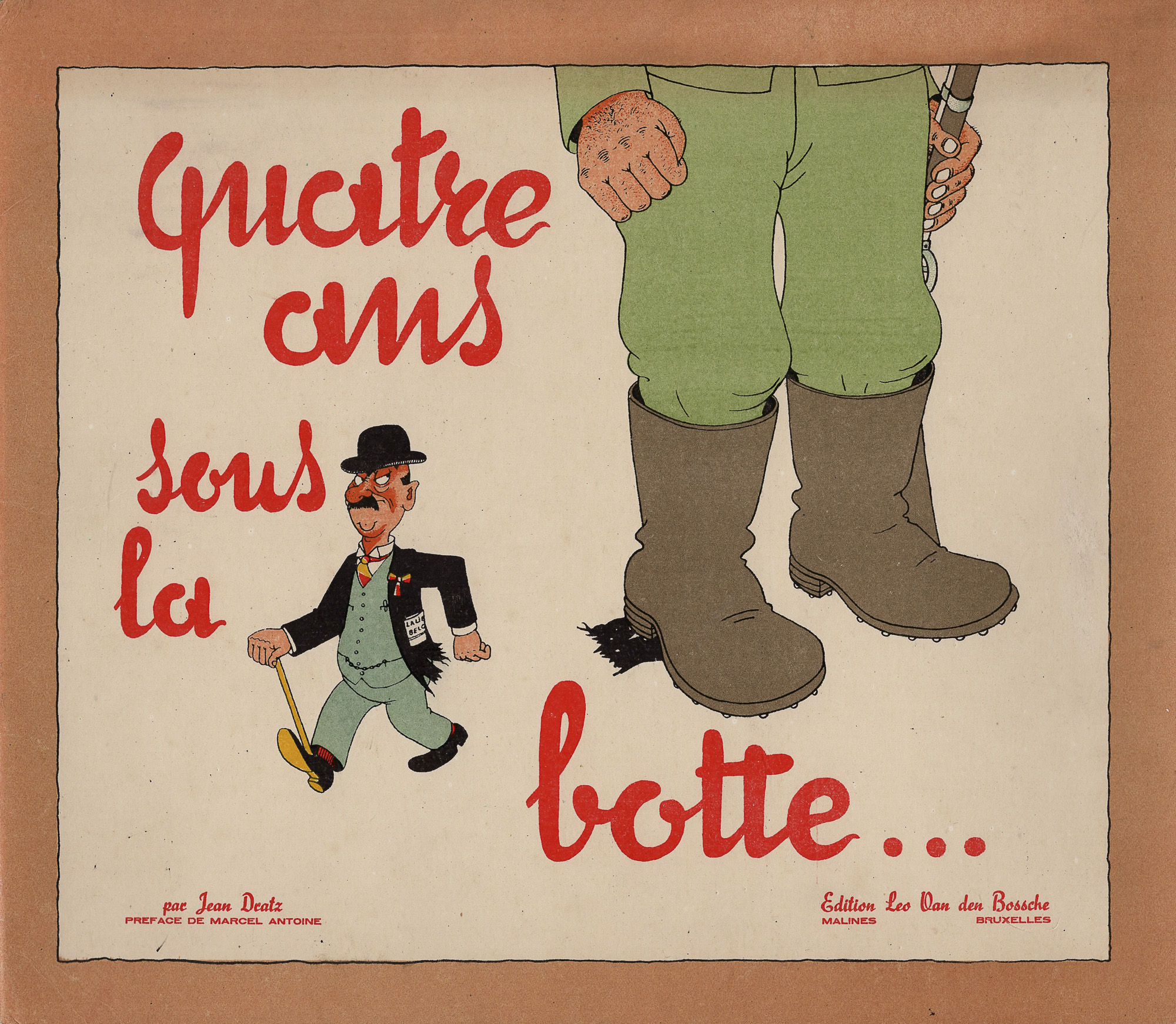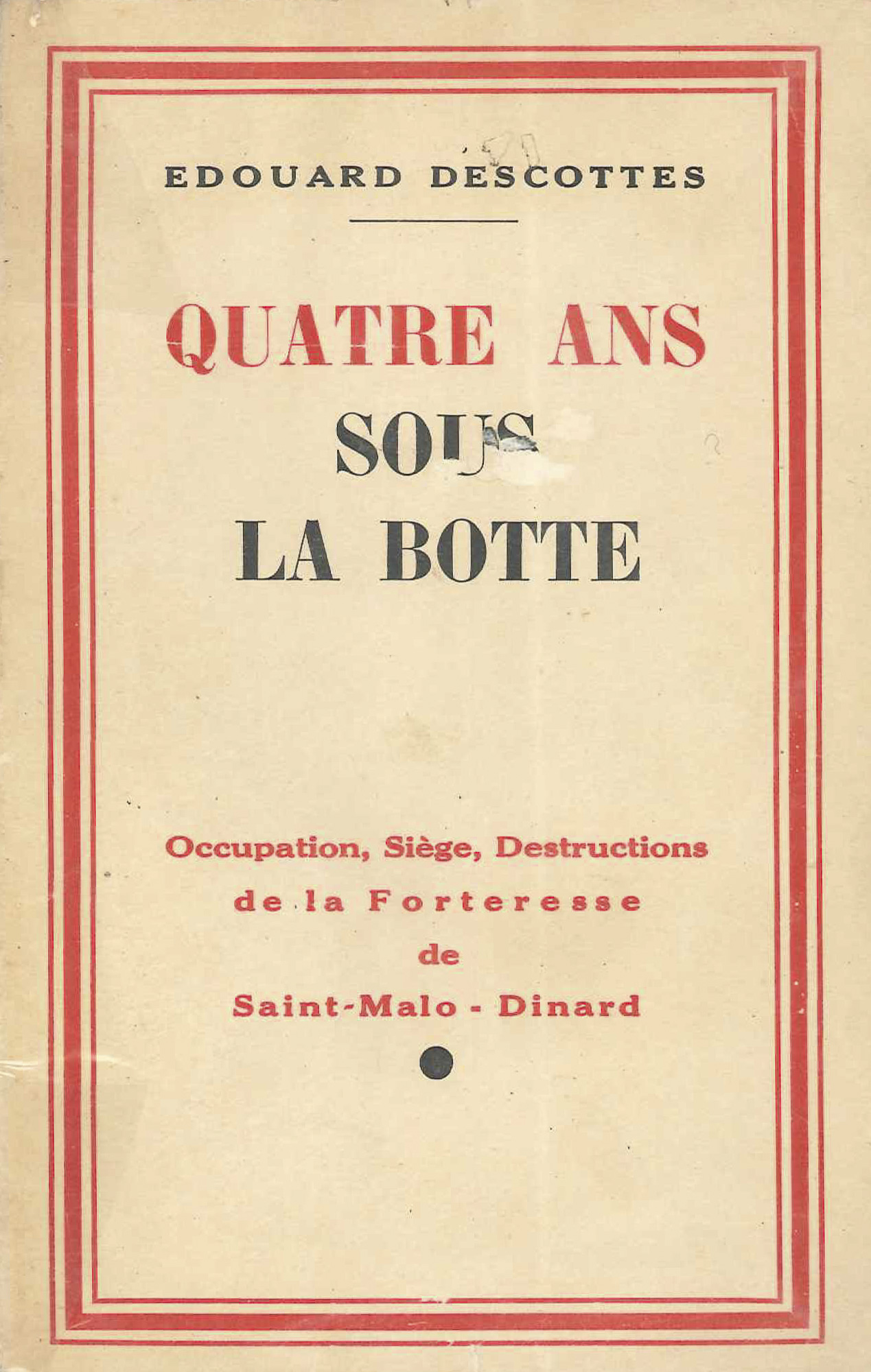The French collections at Cambridge University Library include a wide range of works on French contemporary society and politics, aiming to reflect the whole political spectrum. Here, we will shed light on publications relating to Emmanuel Macron who last Sunday was re-elected for a second five-year mandate as president of the French Republic, with 58,5 % of the votes against 41,5 % for Marine Le Pen. In the first round of the elections Macron had received 27.8% of the votes, against 23.1% for Le Pen and 21.9% for Jean-Luc Mélenchon, head of the left-wing, “eco-socialist” party La France Insoumise. Macron received the votes of many citizens who had voted for other candidates in the first round of the elections and did not want Marine Le Pen to be elected. However, it was also the first time the extreme right Front National received such a share of the national vote. Five years ago, in 2017, Macron, who at 39 was the youngest elected French president, since the creation of the office in 1848, had fared better, receiving 66 % of the votes, against only 33.9 % for Marine Le Pen.

Back in 2015, a book by Marc Endeweld (L’ambigu monsieur Macron, Flammarion) C211.c.2573, highlighted the paradoxical choice by the then socialist president François Hollande, of Emmanuel Macron, a liberal-leaning former investment banker at Rothschild & Co., as Economics minister.
The graphic work Faire la loi / scénario, Hélène Bekmezian, Patrick Roger et Aurel (Grenoble : Glénat, 2017) C202.b.1090, which starts with a visual depiction of Emmanuel Macron’s career, explores the administrative and legislative twists and turns which led to the adoption of the 2015 “loi Macron”, a law adopted under article 49.3, i.e. forced through by the government without a vote in the Assemblée Nationale. This “law for growth, activity and equal economic opportunities” facilitated night work and work on Sundays, opened up for competition the coach transport sector, introduced change within regulated professions, etc. It was ideologically mixed, introducing deregulation but also including some aspects of social and state protection, which maybe indicated the direction of Macron’s later presidency.
In the wake of the 2022 presidential elections, the French political landscape still reflects the political earthquake led by Emmanuel Macron, initially a financier and a technocrat, rather than a grassroots politician, who started as a member of the socialist party, but then claimed to be beyond the left / right political divide. His rise to power, shortly after the creation of the En Marche political party (bearing his initials), coincided with a crisis of the traditional right-wing Republicans and left-wing Socialists, and was accompanied by a strengthening and normalisation of the extreme right led by Marine Le Pen. This social and political context is reflected in several publications, starting with Macron’s own political essay, published during the 2017 presidential campaign.

- Révolution / Emmanuel Macron (XO éditions, 2016) (C213.c.1957) ; translation by Jonathan Goldberg and Juliette Scott (London : Scribe, 2017) (C213.c.4245)
- Revolution française : Emmanuel Macron and the Quest to Reinvent a Nation / Sophie Pedder (London : Bloomsbury Continuum, 2018 (Electronic Legal Deposit and Seeley Historical Library DC430 .P43 2018)
- Macron par Touraine / Alain Touraine ; dialogue avec Denis Lafay (La Tour-d’Aigues : Éditions de l’Aube, 2018) (C214.c.9922)
- Être postmoderne / Michel Maffesoli ; postface de Hélène Strohl : Emmanuel Macron, icône ou fake de la postmodernité? (Les Éditions du Cerf, 2018) (C214.c.9225)
- The French exception : Emmanuel Macron : the extraordinary rise and risk / Adam Plowright (London : Icon, 2018) (2018.8.1933)
- L’événement Macron : un abécédaire historique / Jean-Pierre Rioux (Odile Jacob, 2017) (C205.d.7967)
Some publications, academic or polemical, specifically reflect on the significance of the 2017 presidential elections, marker of disruption in the French political landscape, and on the evolution of the relationship between (election) politics and the media.

- Le débat Le Pen-Macron du 3 mai 2017 : un débat “disruptif”? / Catherine Kerbrat-Orecchioni ; avec la collaboration de Domitille Caillat et Hugues Constantin de Chanay (L’Harmattan, 2019) (C216.c.298)
- Le vote disruptif : les élections présidentielle et législatives de 2017 / sous la direction de Pascal Perrineau (SciencesPo, les presses, 2017), (C205.d.7145)
- Le moment Macron : un président et l’Histoire / Jean-Noël Jeanneney (Éditions du Seuil, 2017) (C205.d.5188)
- Macron : miracle ou mirage? / Pierre-André Taguieff (Éditions de l’Observatoire, 2017) (C214.c.1584)
- The French exception : Emmanuel Macron – the extraordinary rise and risk / Adam Plowright (London : Icon Books, 2017) (2017.8.5269)
- Zéro de conduite : carnets d’après-campagne / Michel Onfray (Éditions de l’Observatoire, 2018) (C205.d.9945)
- Histoire d’une révolution électorale (2015-2018) / sous la direction de Bruno Cautrès et Anne Muxel (Classiques Garnier, 2019) (C215.c.2576)
- Jupiter et Mercure : le pouvoir présidentiel face à la presse / Alexis Lévrier (Les Petits Matins, 2021) (C206.d.7705)

In the context of the important powers given to French presidents under the Constitution of the Vth Republic, during his first mandate, Emmanuel Macron, who has been particularly active in international and European politics, has been criticised for an authoritarian practice of government, especially in the context of the Gilet jaunes socio-political protest movement. Although he came from a left / centrist political background, he has also been perceived as part of a disconnected, haughty (urban, educated, liberal) elite showing little understanding of the everyday struggles of some French people.
- Les politiques sociales sous Macron / Mehdi Arrignon (Grenoble : PUG, 2022) (C207.d.74)
- Macron, les leçons d’un échec / Marcel Gauchet (Stock, 2021) (C217.c.9736)
- Macrons neues Frankreich / La nouvelle France de Macron : Hintergründe, Reformansätze und deutsch-französische Perspektiven / Contextes, ébauches de réforme et perspectives franco-allemandes / Dietmar Hüser, Hans-Christian Herrmann. Adolf, Kimmel, (Bielefeld : transcript-Verlag, 2021), de Gruyter eBooks Complete (Online Access)
- L’entreprise Macron / Bernard Dolez, Julien Fretel, Rémi Lefebvre (dir.) (Fontaine : PUG, 2019) EBSCOhost Ebook Academic Collection (Online Access)
- Le président sur la corde raide : les enjeux du macronisme / Roland Cayrol (Calmann Lévy, 2019) (C215.c.9245)
- Crépuscule / Juan Branco. (Vauvert : Au diable Vauvert, 2019) (C206.d.2234)
- Emmanuel le magnifique : chronique d’un règne / Patrick Rambaud (Bernard Grasset, 2019) (C206.d.1529)
- La politique est un métier / Michaël Darmon (Éditions de l’Observatoire, 2019) (C215.c.5947)
- Dieu, la République et Macron : cuisine et confessions / Salomon Malka (Les Éditions du Cerf, 2019) (C206.d.1597)
- Macron, ou, La démocratie de fer / Michaël Darmon (L’Archipel, 2018) (C215.c.1889)

Several publications take a historical perspective, comparing his type of (personal, absolutist, self-proclaimed ‘Jupiterian’) government with that of earlier presidents, and placing it in the perspective of wider social and cultural developments within contemporary French society. For Jean Viard, the bigger picture of Macron’s ascent to power is that while French society became less industrial, more digital and collaborative, and with the growth of a global ecological thinking, the old idea of a class struggle has been superseded by the development of groups promoting community, regional and religious interests…
- La République incarnée : de Léon Gambetta à Emmanuel Macron / Jean Garrigues (Perrin, 2019) (C214.c.8966)
- Chronique française : de Mitterrand à Macron / Jean Viard (La Tour d’Aigues : Éditions de l’Aube, 2018) (C214.c.4913)
Some essays look into how Emmanuel Macron’s relation with the philosopher Paul Ricoeur whom he assisted in editing La mémoire, l’histoire, l’oubli (Seuil, 2000, 180:2.c.200.165). In contrast with previous president’s Nicolas Sarkozy strong anti-intellectualist stance, Macron’s own political engagement may have been encouraged by his mentor. The influence of Ricoeur might appear in Macron’s understanding of the importance (and disillusion with the outcomes) of dialectics, translated into public and societal debate; in his search for a pragmatic politics beyond traditional left and right divisions; in the idea of a permanently changing and evolving national identity; in the promotion of man’s will and “capability”; or in the “neo-protestant” promotion of transparency… However, some argue that practical politics can only betray the nuance and complexity of a philosophers’ thoughts.

- Le philosophe et le Président : Ricoeur & Macron / François Dosse (Stock, 2017) (C214.c.3915)
-
Macron, ou, Les illusions perdues : les larmes de Paul Ricoeur / François Dosse (Le Passeur éditeur, 2022) (
C207.d.547)
- Macron par Ricœur : le politique et le philosophe / Pierre-Olivier Monteil (Lemieux éditeur, 2017) (C205.d.7062)
- Macron, un président philosophe / Brice Couturier (Les Éditions de l’Observatoire, 2017) (C214.c.3808)
- Le nouveau pouvoir / Régis Debray (Les éditions du Cerf, 2017) (2018.7.361)
In a follow up blogpost, and in the light of the forthcoming French parliamentary elections, we will have a look at publications relating to other politicians involved in the presidential elections.
Irene Fabry-Tehranchi

























